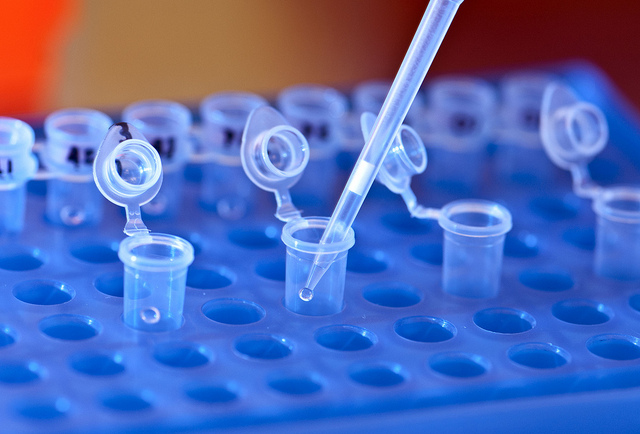Watchdogs sue California over keeping DNA from arrests with no conviction
By Robert Salonga,
The Mercury News [cites CGS' Marcy Darnovsky]
| 12. 10. 2018
SAN FRANCISCO — Accusing the government of violating constitutional privacy rights, a trio of civil liberties groups is suing the state Department of Justice over its practice of collecting and retaining the DNA profiles of people who were arrested for alleged felonies but never convicted.
California police agencies have been collecting DNA profiles at the time of a felony arrest since 2009. But recent advances in DNA analysis technology — where results come back in a matter of hours rather than weeks — and the passage of a related Congressional bill last year have significantly raised the stakes on the issue.
The Electronic Frontier Foundation and former ACLU staff attorney Michael Risher filed the lawsuit Monday in San Francisco Superior Court on behalf of the Equal Justice Society as well as the Center for Genetics and Society and one of its consultants, Pete Shanks.
It comes in the wake of a state Supreme Court ruling earlier this year upholding the compulsory collection of DNA in felony arrests. Consequently, privacy and civil-rights advocates set their sights on purging the DNA entries...
Related Articles
By David Jensen, California Stem Cell Report | 02.10.2026
Touchy issues involving accusations that California’s $12 billion gene and stem cell research agency is pushing aside “good science” in favor of new priorities and preferences will be aired again in late March at a public meeting in Sacramento.
The...
By Lauren Hammer Breslow and Vanessa Smith, Bill of Health | 01.28.2026
On Jan. 24, 2026, the New York Times reported that DNA sequences contributed by children and families to support a federal effort to understand adolescent brain development were later co-opted by other researchers and used to publish “race science”...
By Arthur Lazarus, MedPage Today | 01.23.2026
A growing body of contemporary research and reporting exposes how old ideas can find new life when repurposed within modern systems of medicine, technology, and public policy. Over the last decade, several trends have converged:
- The rise of polygenic scoring...
By Stephanie Pappas, LiveScience | 01.15.2026
Genetic variants believed to cause blindness in nearly everyone who carries them actually lead to vision loss less than 30% of the time, new research finds.
The study challenges the concept of Mendelian diseases, or diseases and disorders attributed to...




